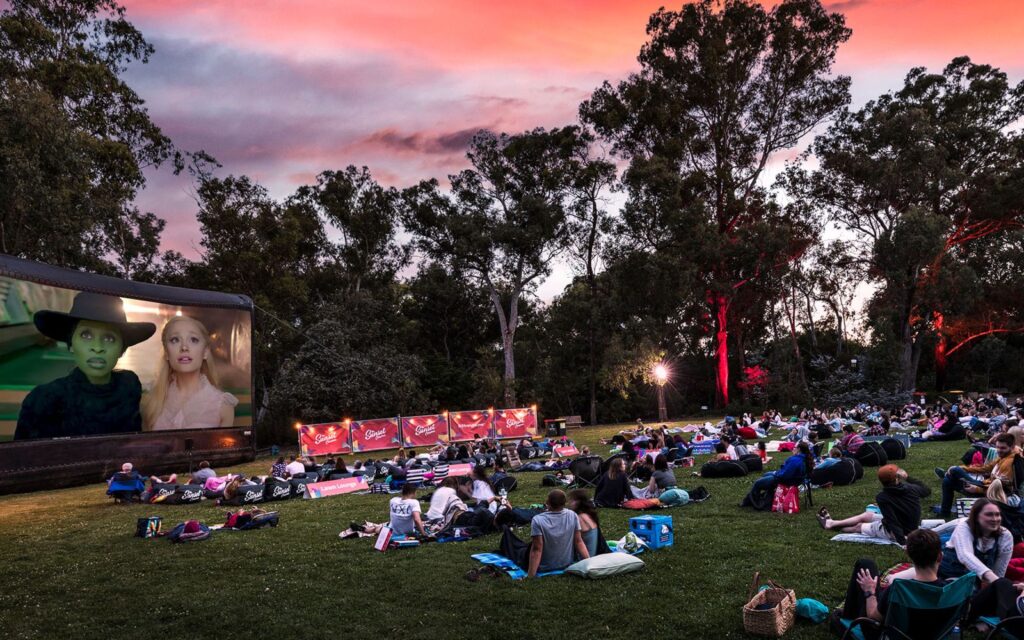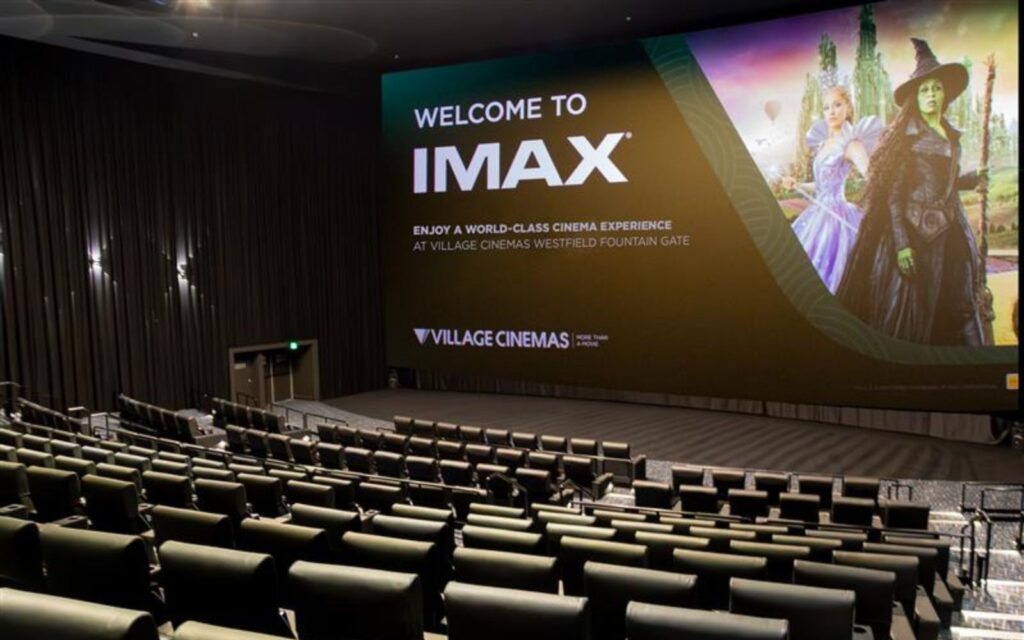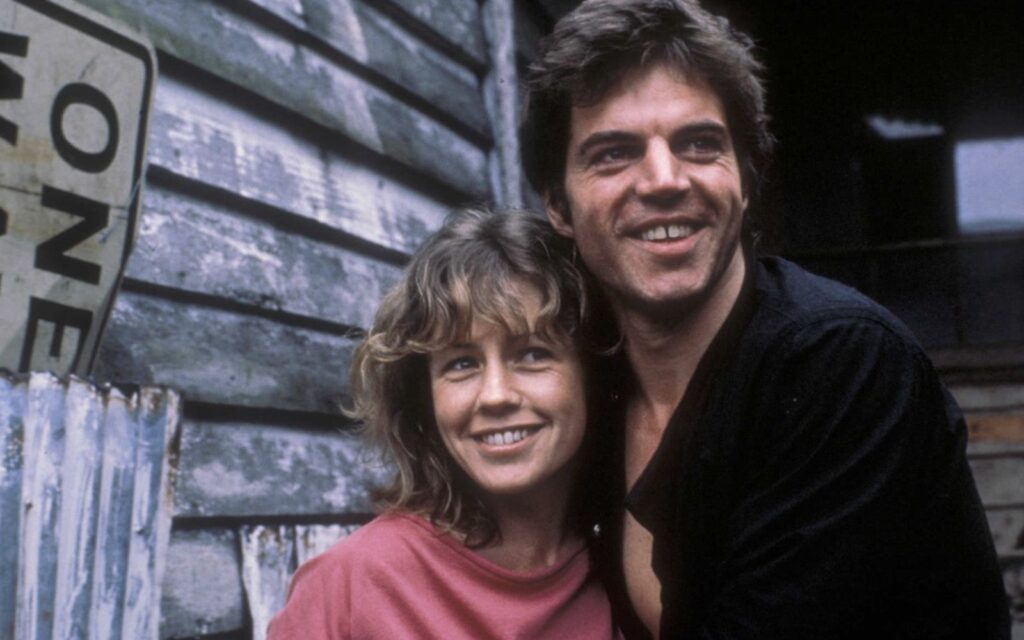The Oscars are here.
This time every year, there are endless debates over The Academy’s countless controversial decisions from years gone by. As usual, this year’s nominations caused some well-deserved backlash due to a distinct absence of some key figures – to put it mildly – which had a major impact on cinema in 2019.
Lulu Wang (The Farewell), Greta Gerwig (Little Women), Jennifer Lopez (Hustlers), and Adam Sandler (Uncut Gems) were all snubbed by The Academy this year. While this is unjust, The Academy overlooking deserving films, actors and directors is no new trend and cinephiles have been arguing over Oscar winners and nominees for decades.
Take when Shakespeare in Love beat Saving Private Ryan in 1999, for example. Or Crash taking the top prize over Brokeback Mountain in 2006, and let’s not forget when Green Book won over literally any other nominee last year… With that in mind, here are a few of the biggest snubs from the Academy’s past.
Best Picture: Citizen Kane (1942)
Back in 1942, a film called How Green Is My Valley, about a family at the turn of the century trying to make their way in a small Welsh mining village, swept the Oscars. Directed by the legendary John Ford, it’s a fine film boasting dynamic cinematography and great performances, however it’s not one that comes to mind when you think of the great films of cinema history. The same year Valley took out the top prize, Citizen Kane was unceremoniously overlooked. A film that has been burned into the brains of cinemagoers for generations, Citizen Kane has had an undeniable impact on the history and evolution of film. With its inventive, distinctive cinematography, endlessly quotable script and career-defining performances, it’s a film many – aside from Academy voters at the time – feel is one of the greatest achievements in cinema history.
Best Director: Akira Kurosawa (1986)
You may not be familiar with Kurosawa’s work, but he’s undeniably one of the greatest directors of all time and helped inspire a whole generation of filmmakers (with some of his films being the inspiration for Star Wars and A Fistful of Dollars). In 1986, at the age of 76, Kurosawa was nominated for his only Best Director Oscar for period epic Ran, a retelling of King Lear set in medieval Japan.
The film was a labour of love, taking him ten years to complete. Its epic scale utilised thousands of extras, horses and costumes, all of which were designed by Kurosawa, culminating in a breathtaking film about the corruption power can bring. He lost Sydney Pollack for Out of Africa, a romance film set in colonial Kenya following a plantation owner and a big game hunter. Out of Africa isn’t a bad film, but it’s the perfect example of Academy voters picking something safe that they’re familiar with, rather than awarding a bold or unique vision like Kurosawa’s.
Best Actress: Gloria Swanson
“Alright Mr DeMille, I’m ready for my close-up”: even if you haven’t seen Sunset Boulevard, you’re likely to be familiar with this classic line, beautifully delivered by Gloria Swanson in her Oscar-losing role as Norma Desmond. In the noir classic, Swanson provides a quintessential performance from the golden age of cinema, with her tragic portrayal of an aging actress determined to make her triumphant return to the silver screen. Nominated against Bette Davis for All About Eve – another insanely memorable performance – both lost to Judy Holliday for Born Yesterday.
Best Actor: Denzel Washington (1993)
Denzel Washington is one of the best actors of his generation, and nothing proves the point more than his incredible performance in Spike Lee’s Malcolm X. Powerful, commanding, compassionate and bold, he brings everything possible to his portrayal and the results are truly spectacular. Despite this, he went home empty-handed on Oscar night in 1993. Washington may have won a Best Actor award years later for Training Day, though it feels like a consolation prize for The Academy getting it wrong all those years ago.
Coincidentally, Washington lost in 1993 to Al Pacino for Scent of a Woman, another clear make-up award for his ’75 loss for The Godfather Part II, with the Oscar that year going to Art Carney for Harry and Tonto – a film about an old man going on a road trip with his cat.
Saving Private Ryan, Citizen Kane, Malcolm X, The Farewell: these are all films that will live on beyond their Academy Award misses. They’re movies that will stick with us long after we have left the cinema, proving the true strength of a great movie is its lasting impact on an audience, not the bronze it takes home on awards night.
With the Oscars upon us, remember it’s not the definitive say for the year’s best releases. So as the awards unfold, just sit back, think about how they gave Best Picture to Driving Miss Daisy and didn’t even nominate Do The Right Thing in 1990, and remember that The Academy do get it wrong.
Never miss a story. Sign up to Beat’s newsletter and you’ll be served fresh music, arts, food and culture stories three times a week.





